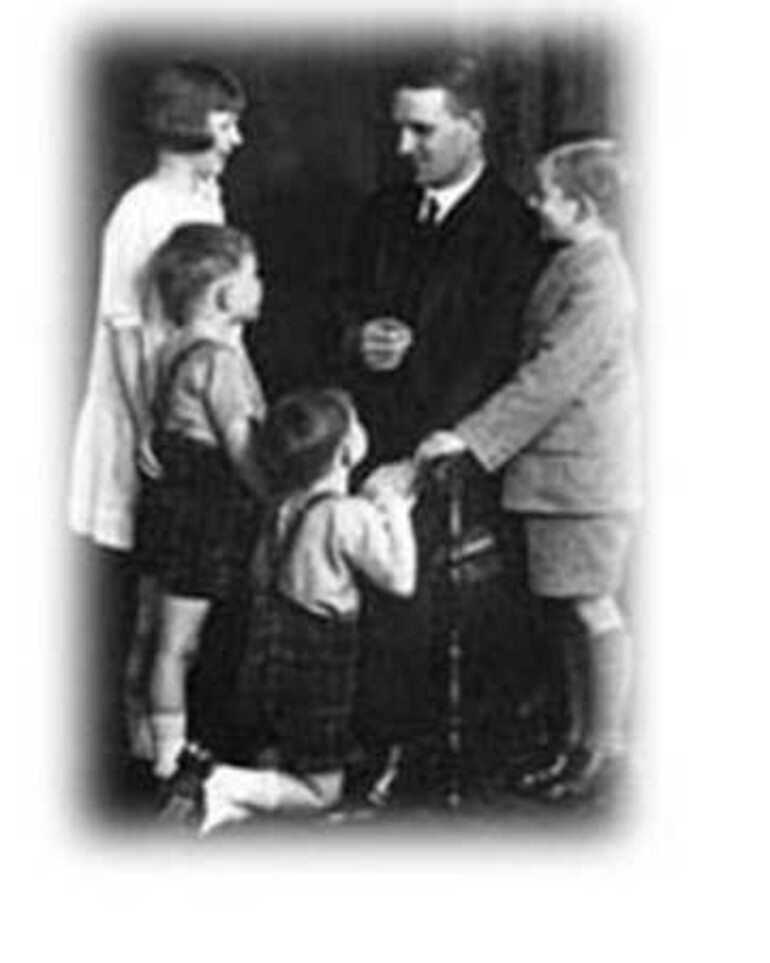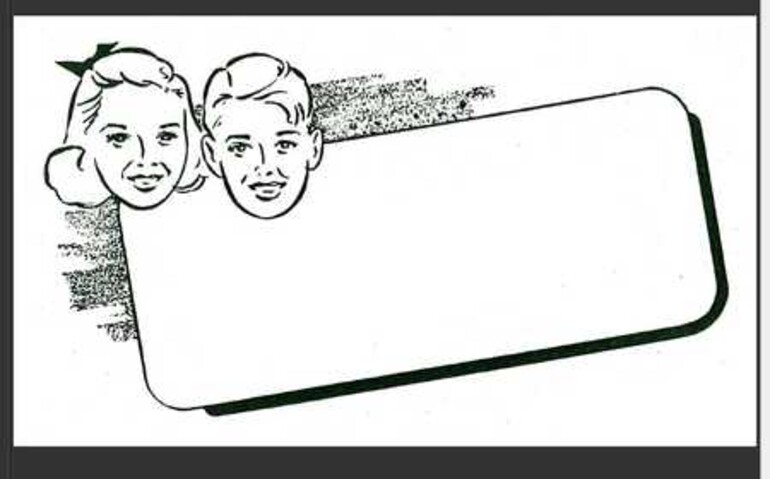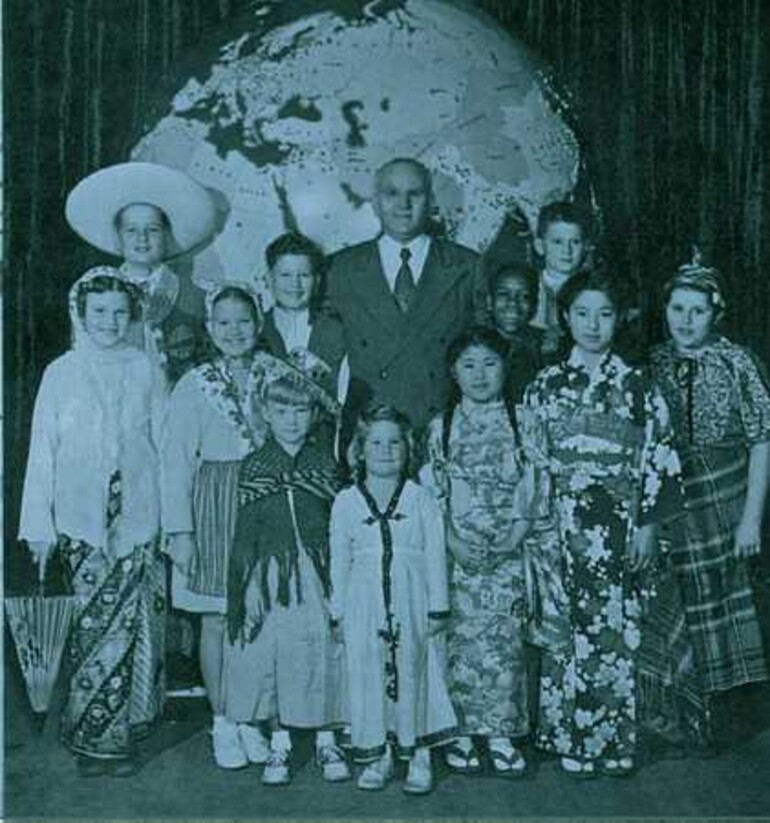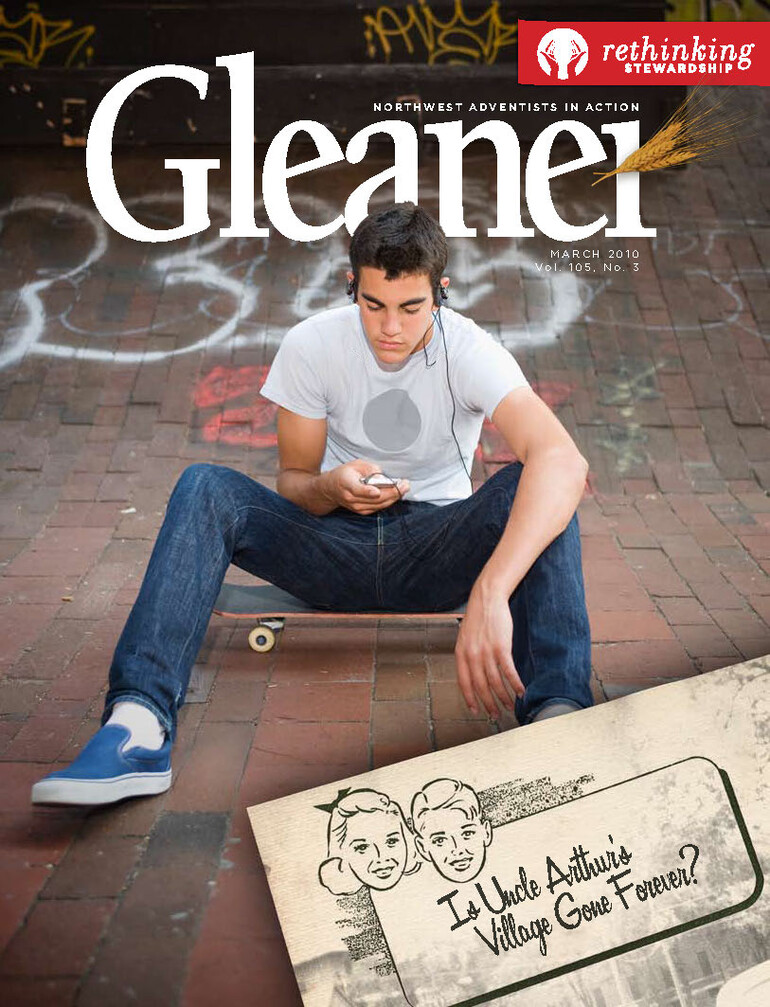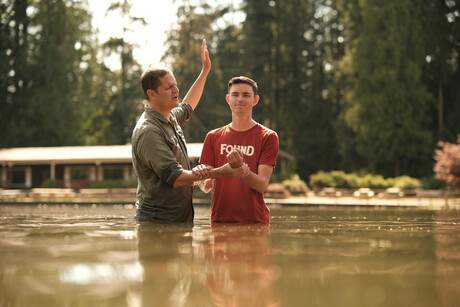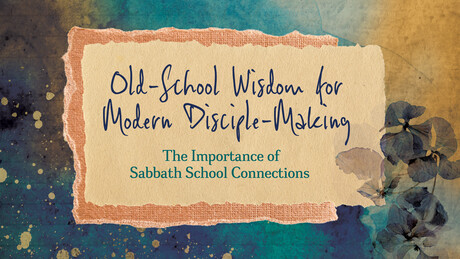I grew up reading sweet Uncle Arthur and his bedtime stories. In his Children's Hour world, children roller-skated in and out of 1930s and 40s neighborhoods whistling, playing jacks and thinking up niceties like the "Surprise Package Company." Mothers put on gloves to "go visiting." Fathers drove BIG, SHINY CARS. Neighborhood grocers put goodies in your bag for the walk home. Everyone was home by dinnertime and had a front porch to sit on and watch fireflies.
Later, in Journalism 101, I learned Arthur Stanley Maxwell was only employing a rudimentary technique shared in a long bookcase of formula-smiths. But more than semantics, Maxwell was drawing from what Tom Brokaw describes as "the Greatest Generation."
This generation survived the Great Depression, went through World War II, rebuilt their lives and set about raising baby-boomers. What they lacked in women's equality and racial understanding, they seemed to compensate for in stable two-parent homes. Their Judeo-Christian values unarguably founded much of America's modern libraries, museums, schools, churches and colleges today. They built schools often giving up their farms to do so. They didn't do studies seeing if their projects would be popular, but in adversity asked if it was their duty, then rolled up their sleeves often rewarded with only blisters.
Maxwell's Children's Hour chapters reflect much of this generation's hard work, humility, integrity, obedience, honesty, duty and conscience. Under Maxwell's pen "Prideful Ned Cuts Off His Nose," "Gordon Does Good Deeds" and "Patsy's Potato Patch" shows all. The village rules were fair and duty filled: The jelly-filled doughnut, eaten without permission, receives the unmentionable punishment (time out wasn't invented yet); cause equals effect; good wins; order out-wits chaos.
Have you noticed the village has gotten chaotic lately? Bad guys (negative-choice-makers) don't seem to get their proverbial "spankings." Hard work and loyalty are virtues — only IF they "feel good." Post-modernist parenting books show preoccupation today with creativity, performance, quality time, play dates, ballet, sports, achievement and feelings. Today's parent is more likely to ask "Can it entertain?" rather than "Can it train?".
A story today about the "Two Carolines" would likely be a promo for same-sex marriage. "Aunt Bea's" front porch would be in foreclosure, and the two boys not "washed for supper" are the two-tattooed teens munching pop tarts — wondering which divorced-parents' couch to "crash" on tonight. Dinnertime is likely only an advertisement. And the word "family" — mere jousting fodder for late-night comedians.
Parents and schools fight one another for whose duty it is to raise the child. Schools, once responsible for academics, now must serve meals, snacks, summer lunches, offer health and safety education, and more. Public schools who used to fight "bubble gum battles," now must declare "No Drug," "No Firearm" zones. Teachers lament whole classes of students growing up with no books in their homes. Sunday and Sabbath School teachers fight to train children to sit still for just 15 minutes. On a recent trip to an L.A. school, I found I had to be "locked in" just to see students in a "normal classroom." Recently even in rural America, I witnessed a four-year-old left to himself all day in a park. The cry for adult intervention goes up around our country.
What would be absurd in Uncle Arthur's village doesn't just make a bad story — it makes a terrible village.
Tom Minnery, senior vice-president for Focus on the Family Action, agrees. "While no one can, or would want to, turn back the hands of time," he says, "the direction of our public policies and cultural trends continues to move further away from promoting stable families and sheltering vulnerable human life. The last 50 years have brought seismic social change to our communities, nation and world — so much so that the days of 'Father Knows Best' are a distant memory."1
The "good old days" weren't "perfect old days." Our generation has learned to be more socially aware and to have more fun with its children. But what our grandparents' generation did well (and what we are not doing) is giving moral village-fabric, strong fences and good role models.
In her recent blog "Where have all the role models gone?" Sarah Hughes, secular writer, tells youth the answer is to seek out and emulate adults with substance. Hughes encourages youth to pick out different role models than the ones being offered in pop culture.2
As Christians, we MUST stand in the void. We must step up to this stewardship-plate. We might not bring back the whole front porch, but we must bring back at least some of its bricks.
We must reclaim our youth, as our greatest asset. Become a role model. After all, it's what Uncle Arthur would do.
By the way, where can we find gloves like the kind mother put on to "go visiting?" They might come in handy while putting back some of these bricks.
1 Tom Minnery, Focus on the Family magazine, © January 2006.
2 Sarah Hughes, "Where have all the role models gone?" Femail Online, July 13, 2009.





